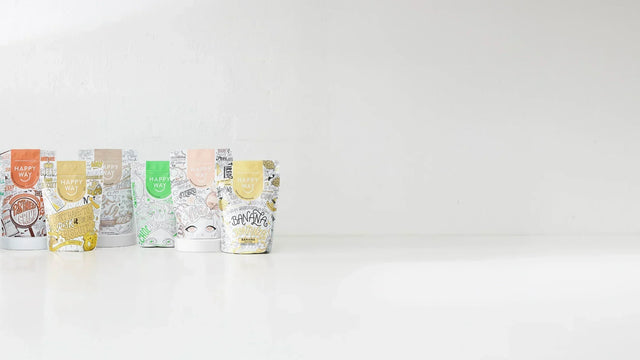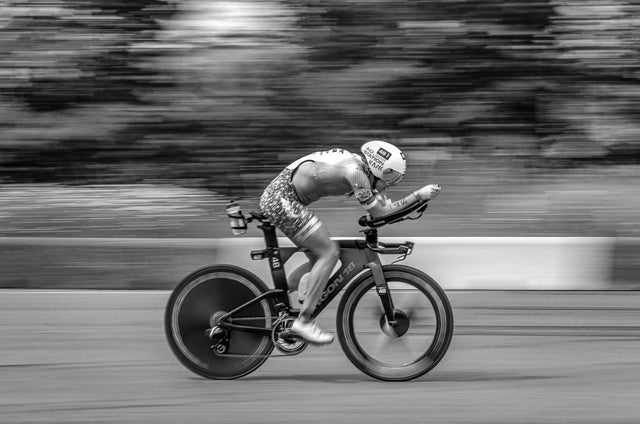To Beet It or Just Beat It
Beetroot juice has been a circulating topic of the sports nutrition world for a number of years now as a nutritional supplement with an ergonomic aid effect on endurance performance. Perhaps Michael Jackson was onto something when he sung ‘beat it (beat it), No one wants to be defeated’ in 1982. With everyone trying to get the upper hand on each other in endurance sports, let’s delve into whether making your pee look like blood is helping you enhance endurance performance.
The strong marketing pull of beetroot juice comes from its high concentration of nitrate. Nitrate is found naturally in various vegetables and is converted in the mouth and stomach to nitric oxide (NO). Nitric Oxide plays several roles in the human body, one of which is acting as a vasodilator, opening blood vessels and allowing more blood and oxygen to be delivered to muscles (1,2,3). Nitrates may also play a role in reducing the amount of energy we need during exercise by using oxygen more efficiently. It has also been shown to have a positive affect on muscle contraction and improved indicators of muscular fatigue, though the mechanism involved in this effect remains unclear (2). It also appears that athletes training or competing at altitude (a low oxygen environment) may have particularly good responses to nitrate supplementation (1).
Recent research into beetroot juice and nitrates has looked at whether high dosage of nitrates can not only have an ergonomic aid in endurance events but also positively enhance intermittent high-intensity exercise efforts. Research has found that nitrate supplementation may assist faster phosphocreatine resynthesis. Phosphocreatine is what we need to help the turn over of ATP in the muscles. In simple terms the supplementation of nitrate has been proven to assist the muscles recover faster after bouts of high intensity effects and delay the time of muscular depletion during repetitive exercise efforts. This may be beneficial to athletes in team sports which require anaerobic and ATP-PC repetitive efforts as well as individual sports such as Crit cycling racing, Tennis or Volleyball. In addition, beetroot juice supplementation has also be proven to improve muscle power output via a mechanism involving a faster muscle shortening velocity (2). Hence power sports athletes such a weightlifters and sprinters may now also be looking towards the benefits of beetroot juice supplementation.

Dosage strategies for beetroot supplementation are varied and research shows advantages of using copious dosage strategies (300-600mg nitrate) and timing of supplementation (single acute dose, split/top up acute doses, chronic loading) (1). Dosage recommendation should be discussed with a sports dietitian and introduced incrementally so to reduce side effects. Be mindful that it is also possible that the effects of supplementation with beetroot juice can be undermined by interaction with other supplements such as caffeine (3).
You can try and juice your own beetroot juice at home, however you will need to drink a lot greater quantities of do it yourself beetroot juice to get the same Nitric Oxide intake found in supplement forms for such as Pure Sports Nutrition - Pure Beet Endurance. (30g serving of Pure Sports Nutrition - Pure Beet Endurance = 1.6kg of DIY beetroot juice).
Please note that athletes using beetroot juice should avoid using mouthwash or gum as these reduce the bacteria available in the mouth, which is essential for the conversion of nitrate to nitric oxide.
The incorporation of nitrate supplementation should be considered on an individual basis. Side effects may include pink/red coloured urine and/or stool, this is harmless to normal body function but something worth being aware of. Those who suffer from FODMAP intolerances are also at a greater risk of having mild gut discomfort from supplementation.
In summary, further research into beetroot juice is warranted, however there appears to be beneficial effects on performance for a number of endurance athletes as well as high intensity exercise effort sports such as team sports. Athletes training or competing at altitude (a low oxygen environment) may have particularly good responses to nitrate supplementation. Side effects of pink/red coloured urine and/or stools are likely and those who suffer from FODMAP intolerances are at higher risk of mild gut discomfort. See a sports dietitian for your individual dosage strategy.
Ash Miller
Dietitian and Nutritionist (Masters)
Bachelor of Physical and Health Education
Instagram: ashthomo_nutrition
References
- Sports Dieticians Australia, 2023, NITRATE (BEETROOT JUICE), https://www.sportsdietitians.com.au/factsheets/supplements/beetroot-juice-nitrate/, Accessed 21/01/23.
- Domínguez R, Maté-Muñoz JL, Cuenca E, García-Fernández P, Mata-Ordoñez F, Lozano-Estevan MC, Veiga-Herreros P, da Silva SF, Garnacho-Castaño MV. Effects of beetroot juice supplementation on intermittent high-intensity exercise efforts. J Int Soc Sports Nutr. 2018 Jan 5;15:2. doi: 10.1186/s12970-017-0204-9. PMID: 29311764; PMCID: PMC5756374.











